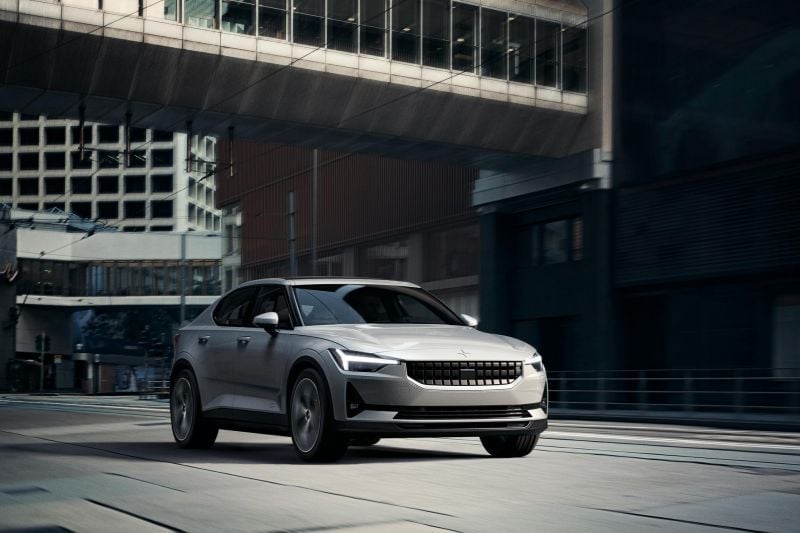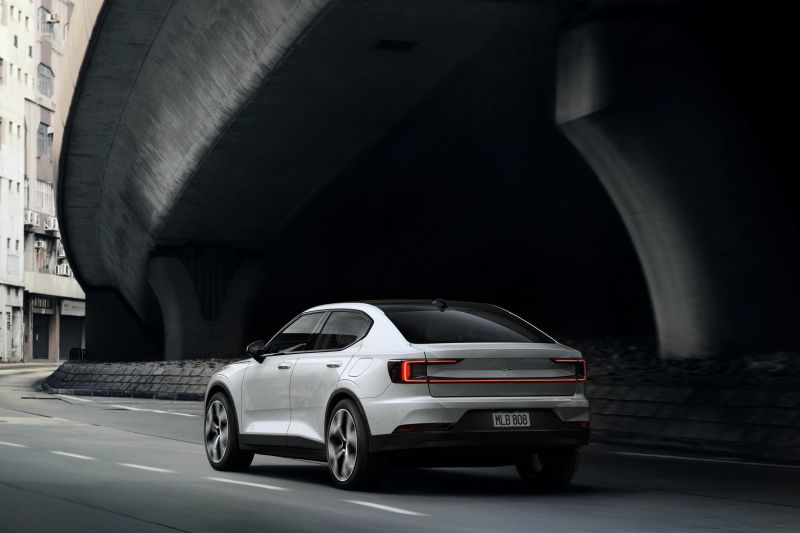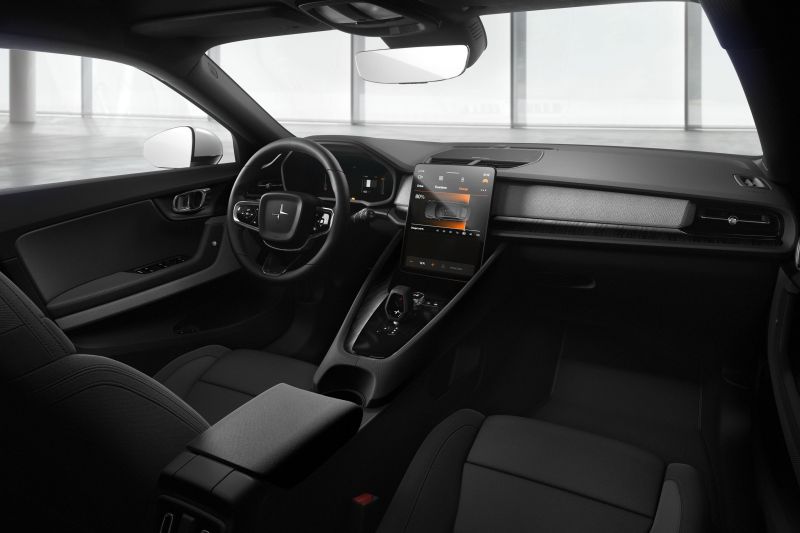The Polestar 2 will be in Australia in November 2021.
In decades past, Polestar was Volvo’s racing offshoot and high-performance tuner, but it has transformed into an electric performance brand owned by Volvo and its Chinese-based parent, Geely.
The first car coming Down Under will be the Polestar 2, a Tesla Model 3 rival with 470km of range from its 78kWh lithium-ion battery on the WLTP test cycle.
With 300kW and 660Nm from its dual-motor powertrain, the Chinese-made 2 will hit 100km/h in just 4.7 seconds from standstill.
If it looks a bit familiar, that’s because the Polestar 2 is based on the same CMA architecture as the Volvo XC40 SUV.
Inside, it features a touchscreen infotainment system built on Google’s new Android Automotive bones.
Polestar won’t use traditional showrooms for the 2. Rather, the brand will utilising online sales and ‘Polestar Spaces’ to showcase the cars in a retail environment.
Australian managing director, Samantha Johnson, today told media Polestar is all about sustainability throughout the entire production process of its cars.
“We are in a relentless pursuit of carbon neutrality in everything we do at Polestar,” she said.
“We have a deep commitment to ethical sourcing of raw materials used in the production of our vehicles, while using blockchain technology to ensure environmental and human rights risks are minimised.”
Polestar says its environmental performance in the build of the 2 is completely transparent, to the point when in September 2020 it published its first Lifecycle Assessment Report; a study to determine the lifetime environmental impact of producing the 2.
The report included emissions from materials production, the manufacturing process, the life of the vehicle, and the end of its life.
“The crux of the study determined that when the Polestar 2 was charged with renewable energy, it has less than 50 per cent of carbon emissions than a standard petrol or internal combustion engine,” said Ms Johnson.
“At Polestar, we’ve also made a commitment to produce the world’s first carbon neutral vehicle by 2030, and we’ll do that through the elimination of emissions rather than offsetting by planting trees,” she added.
The undertaking itself is dubbed the Polestar Zero Project, and requires all suppliers and everyone in the supply chain to adopt the same carbon-neutral commitment as Polestar is tasked with.
It also means the company needs to transition into a full-circle sustainability, requiring a complete rethink when it comes to manufacturing and designing a car.
New models from Polestar will feature innovations such as flat-spaced natural composites to replace virgin plastics, tailored-knit seats using 100 per cent PET recycled bottles, and carpets derived from recycled fishing nets.










